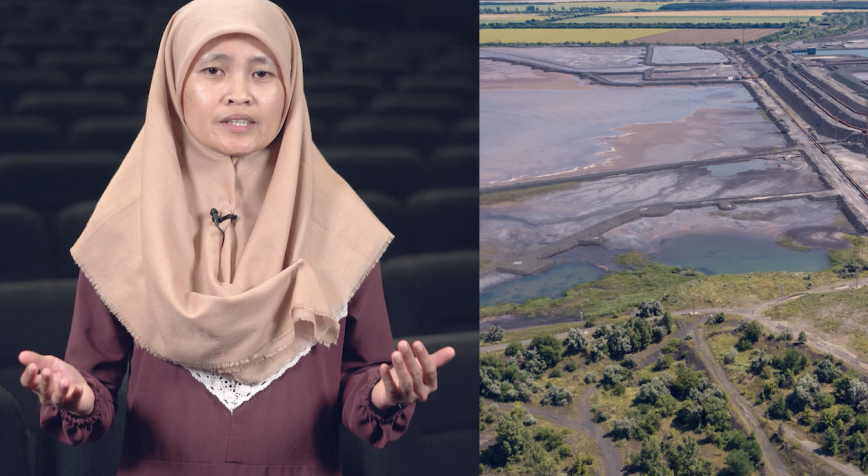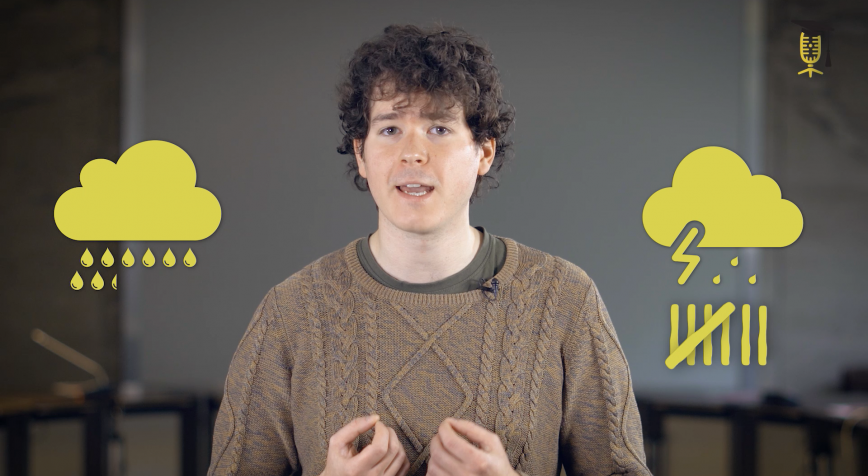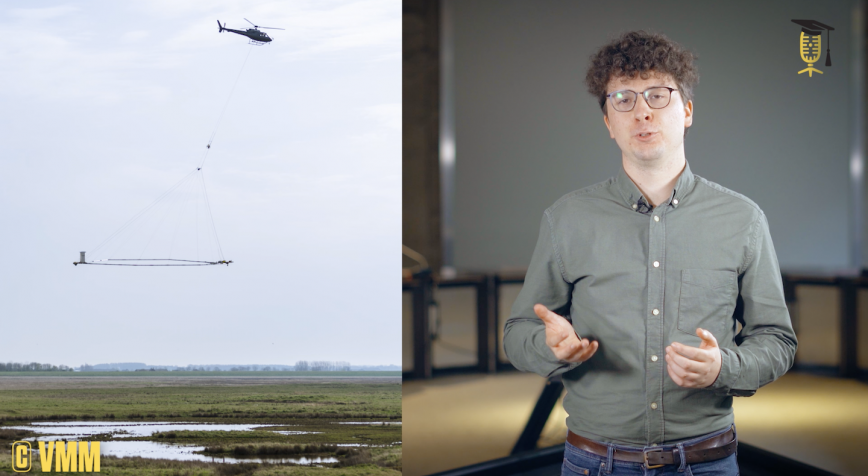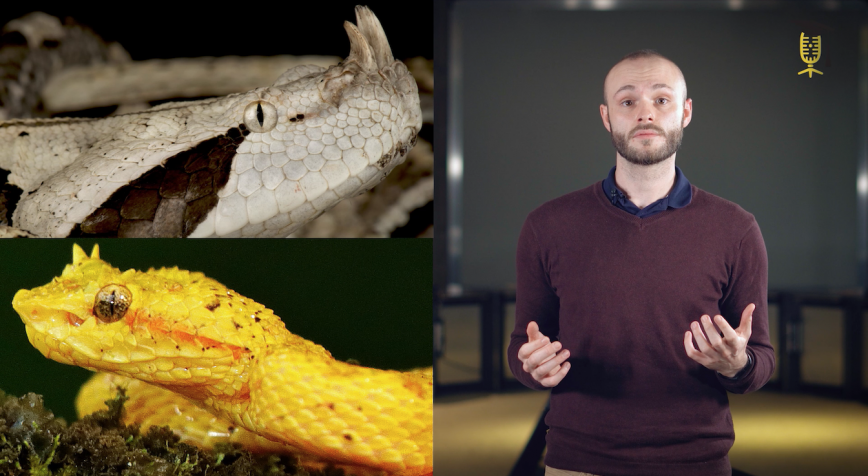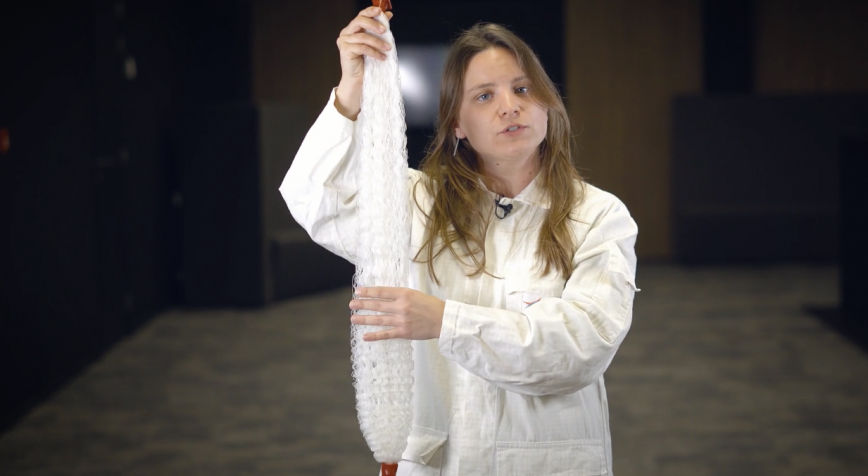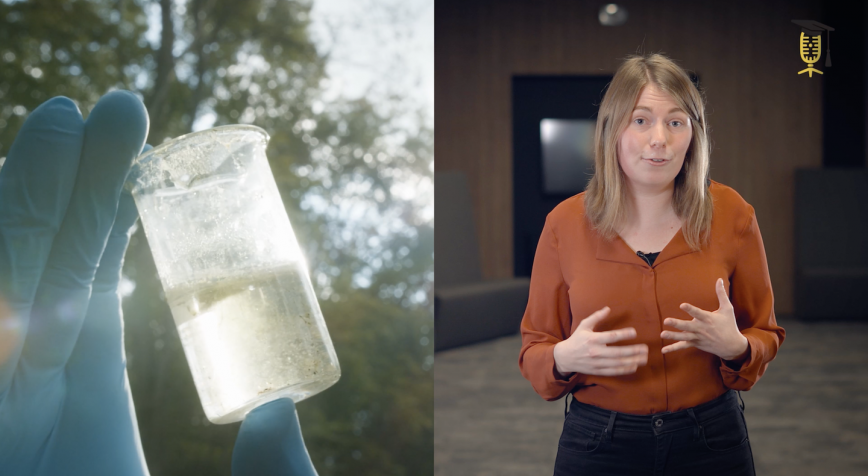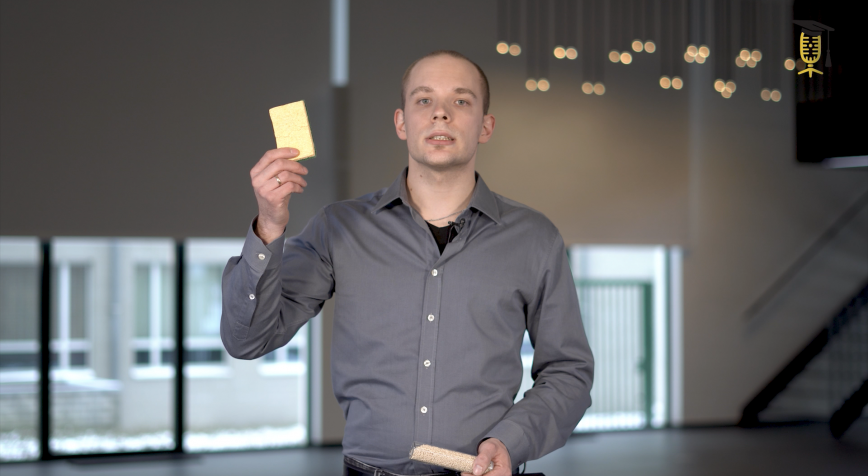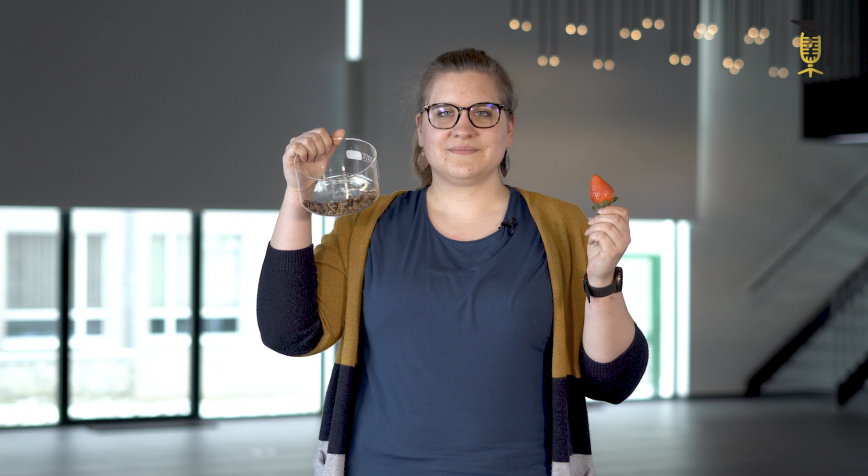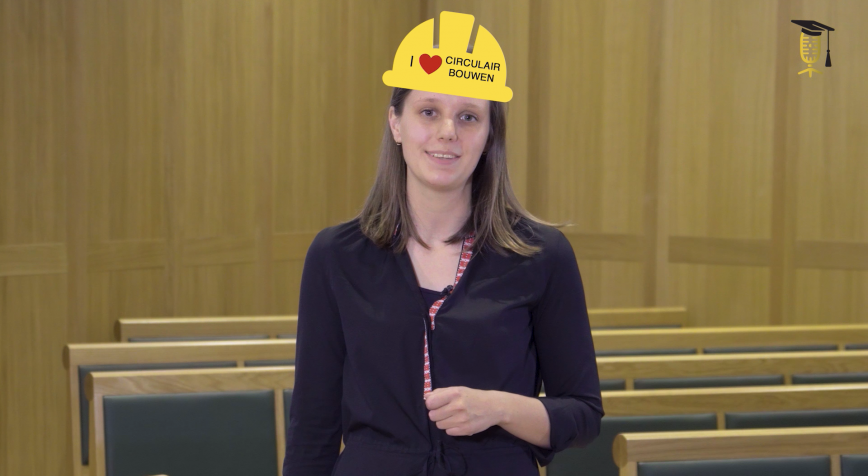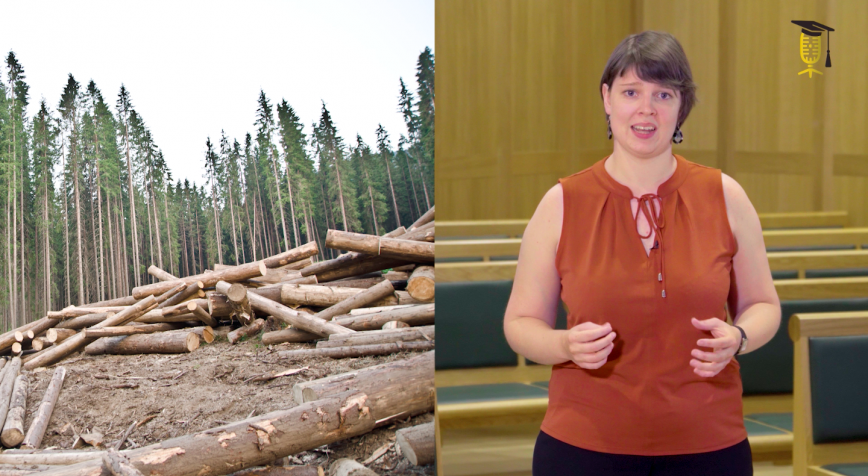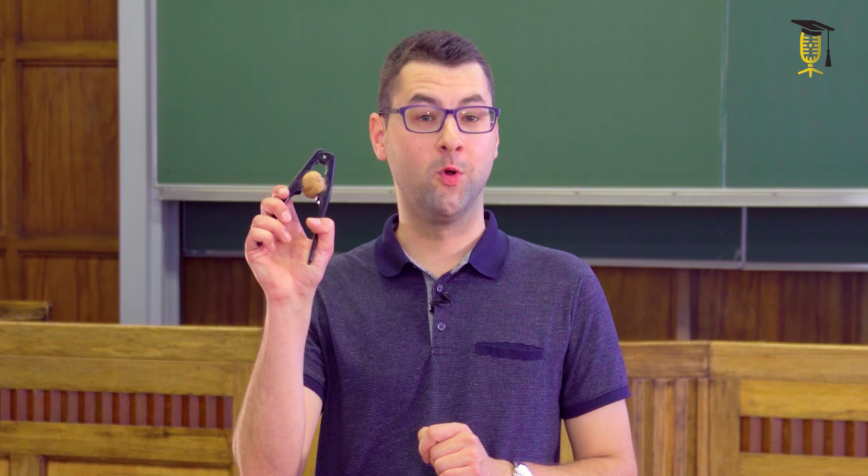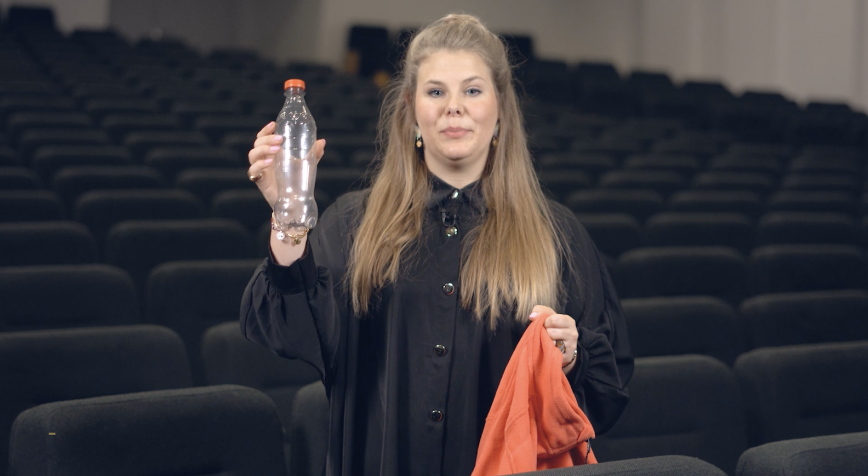
VITO
Plastic reincarnation as a solution for plastic pollution
Less than 10%... That's how much of all the plastic is recycled today. The rest is incinerated or ends up in landfills or -worse- in our oceans... The problem is that with current recycling methods, the quality of the plastic decreases with each recycling cycle. So is there no method to recycle plastic repeatedly without losing quality? There is: chemical recycling, aka the 'reincarnation' of plastic. Annelore Aerts (VITO) explains how that works.
